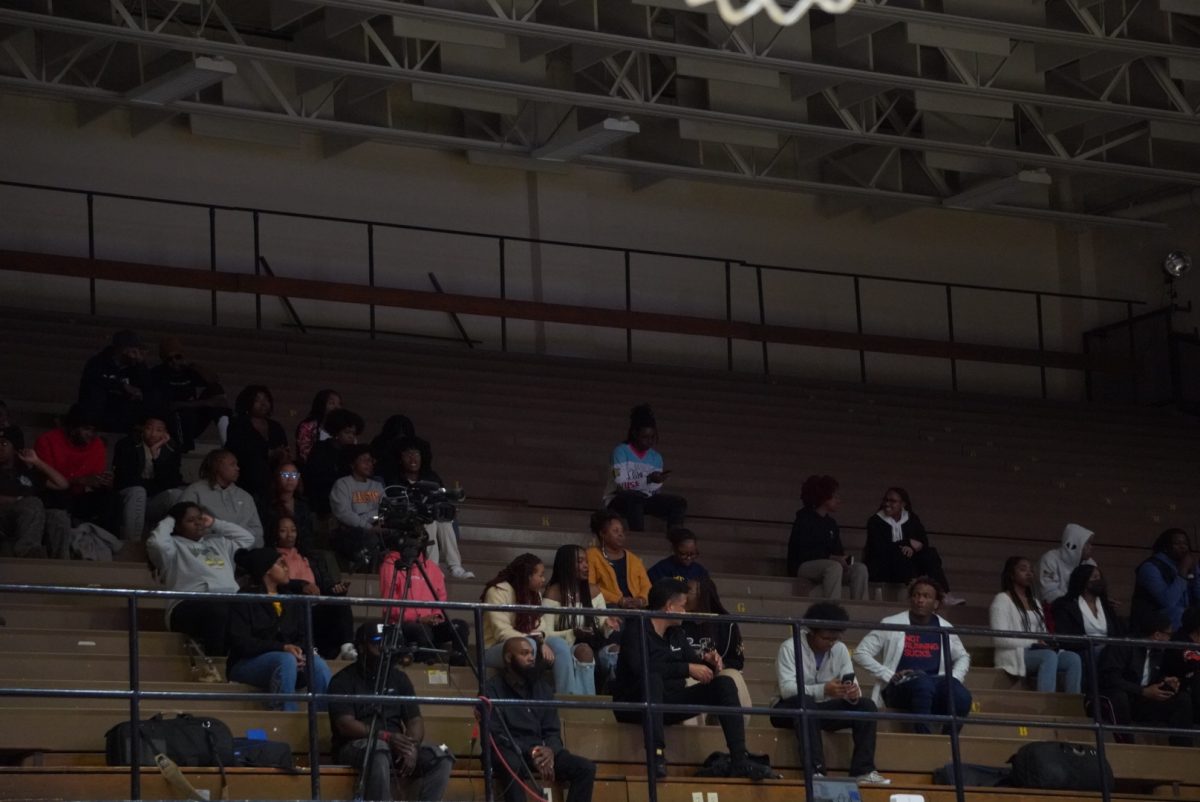Twitter and other social media networks have become the main platform for activism for millennials. One group particularly uses these platforms to share their ideals with the masses. This group is none other than the feminists. Though they attempt to push for equality of the sexes, their efforts are becoming problematic on social media.
Lazy,pseudo-intellectual ideas and bullying:
On Twitter, the reoccurring theme of “fake deep” is evident. I often see “feminists” tweet unsupported theories. For example, a regular woman tweets about wanting to cater to her boyfriend. Upon seeing the tweet, a pseudo-feminist mentions her then chastises her desire to treat her man by claiming her decision brings down women. The woman had no intention of making herself inferior with her efforts, but the “Twitter feminist” saw the tweet as an opportunity to force her unsupported opinion, and gain a new following of fake feminists.
Pseudo-feminist bullying is an ever-present issue on my Twitter feed. Almost always attacking black men, “Twitter feminists” often display the wrong doings bestowed upon black women by black men in a harsh and demeaning manor. I have rarely seen uplifting tweets about black men.
While it is perfectly fine to tweet about harm done to you by another party, the bullying from “Twitter feminists” is usually exaggerated. They tweet with no intentions of bringing awareness to pressing issues; but rather set themselves up to increase their personal followings by creating trends built on false activism
Misrepresentation-Feminism is not just about sex:
Another reoccurring and overrepresented theme with Twitter feminism is sexuality. Often times, it seems that feminists are looking for equality in regards to sexual openness, rather than political, social and economic equality.
There have been many efforts placed to protest shaming women for embracing their sexual nature. Stars, such as Amber Rose, have taken a stand on this issue in creating events for women wanting to counter sexual inequality like the “Slut Walk.” She has also posed in shirts stating “slut when I want to be”, and posted countless body flaunting photos. Though I appreciate the themes of self love, these endeavors seem to mask the original theme of feminism.
Some women post nude photos on social media and opt to hop onto the feminism bandwagon once they receive backlash of sexual equality, and quickly deny their original desire to simply pose nude on social media. These actions create confusion in the mission of feminism and often misrepresent the source of activism.
If you want to pose nude on twitter, do it artistically. The female body is one of the most beautiful forms of natural art. Pose nude because you want to separate your affinity towards nakedness from your confusion of the principles of feminism.
Nudity on social media can be a silent symbol used to desexualize the female body. In the same way it does when a man poses topless. It should not be the only effort of feminism supported.
Easy defense:
Sometimes, I see feminism used as a defense or excuse for behavior that is frowned upon in our society. Recently, a controversial hashtag that has been floating around twitter, encourages women to assume highly sexual positions. Known as the #archyourbackchallenge, girls are posting pictures of their ability to create a nice arch in their back.
This highly sexualized hashtag has created a war between conservative women and women who are more comfortable with their sexuality. When these groups questioned one another for participating in the challenge, many employed feminism as their defense. Apparently, some felt that arching their back for Twitter was an attempt to create social equality.
Although, I have no issue with the challenge, and am not offended by pictures of butts sitting in the air on my Twitter feed, I found an issue with the reasoning being tied to feminism. The hashtag, like many entities defended by an attempt to be feminism, lacked any real meaning. This was not a blatant expression of sexual freedom, but simply a trend of nicely arched backs for girls to boast about. It is okay to participate in these challenges, if that is your prerogative, but your participation does not make you a feminist in the fight for equal rights.
Feminism is an entity that I will always have mixed feelings about, but I refuse to see its mission diluted by women wanting to be trendy on social media. I encourage women to continue to fight for women’s rights with love and purpose in their hearts, rather than a lust for popularity on social media.
Jana Shaw – Word Editor
– Email Jana at [email protected] and follow The A&T Register on Twitter and Instagram @theatregister






